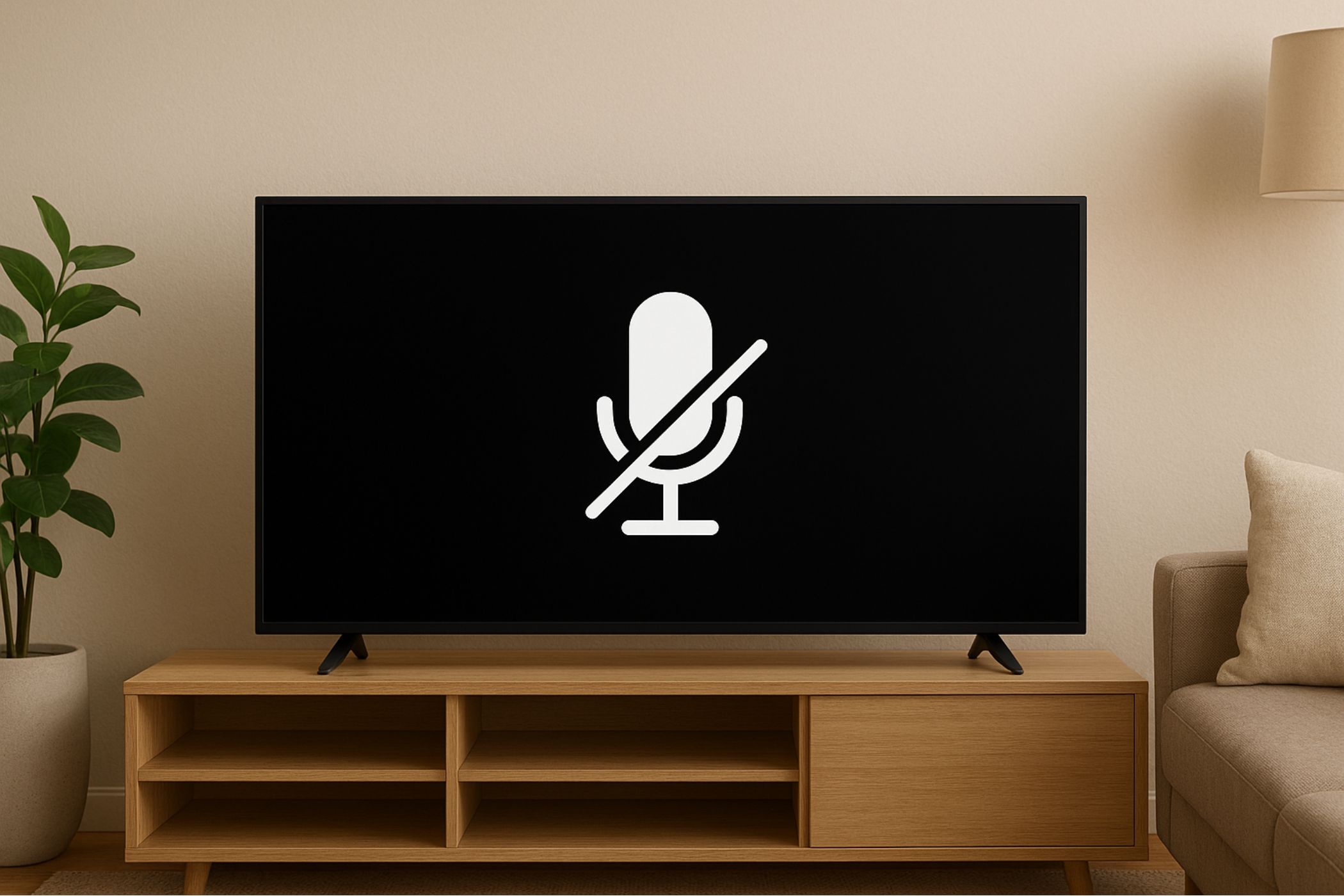As I sat in my living room, flipping through channels on my smart TV, something caught my attention. The microphone was always listening, even when I wasn't talking to it. At first, I thought nothing of it – after all, it's a convenient feature that makes hands-free control possible. But as I delved deeper into the settings menu, I realized just how invasive this constant surveillance really is.
Smart TVs today are equipped with microphones that are always listening for voice commands. This technology has become increasingly popular in recent years, thanks to advancements in artificial intelligence and natural language processing. It's no wonder why many users have grown accustomed to the convenience it offers – you can say what you want, and voilà, the TV responds. You don't need to hunt for the remote or type into clunky on-screen keyboards.
Some TV models even integrate with smart home ecosystems like Amazon Alexa and Google Home, allowing users to control lights, thermostats, and other devices with ease. It's a game-changer for those who value hands-free control. However, as I pondered the implications of this feature, my initial enthusiasm began to wane.
The more I thought about it, the less comfortable I became with having my TV's microphone always on standby. The constant listening can be unsettling, even if manufacturers insist that they only record snippets of our interactions with voice assistants after hearing the wake word. But who has complete visibility into what's being captured? And what happens to those audio recordings once they're sent back to the manufacturer or a third party?
For me, the answer was simple: I didn't want my home to be an open book, no matter how small the chance of eavesdropping. My living room is where I relax, chat with family, and talk freely – the thought of parts of those conversations being captured felt like too much of an intrusion.
Another significant factor in my decision was realizing how little I actually used voice commands. Despite having two ways to wake the Google Assistant on my TCL smart TV (using a dedicated button or the "Hey Google" wake word), I always reach for the remote when I need something as simple as opening an app or adjusting the volume.
Even when I did try using voice commands, the results were often hit-or-miss. Sometimes I had to repeat myself or deal with misheard requests – which made the feature more frustrating than helpful. And let's be honest – it's always a bit disconcerting to feel like you have to shout at your TV to control it.
But the final piece of the puzzle was security. Any device that connects to the internet is vulnerable to hacking, and smart TVs are no exception. The simple act of connecting your TV to the internet opens the door to different risks – from software flaws to malicious hackers taking control of your device.
For me, the risk of being misused or having my voice recordings potentially compromised was too great. So, I made the decision to turn off my smart TV's microphone once and for all. It wasn't a difficult choice, but it was an important one – after all, peace of mind is worth more than any convenience.
Disabling my TV's mic also gave me a greater sense of control over my privacy. In a world filled with always-listening and always-tracking devices, circumventing these practices is always a win for digital privacy. And let's be real – it's not just about me; it's about all the users out there who deserve to have their voices heard (literally) without fear of eavesdropping.
So, should you disable your smart TV's always-on microphone? The answer depends on how much you use the feature. If you're like me and rarely – if ever – use voice commands, then disabling the mic is a no-brainer. But if you're one of those people who relies on voice control to stream shows or control other smart home devices, then leaving it on might be worth the trade-off.
Either way, I'm glad I took control of my TV's microphone. It may seem like a small thing, but in a world filled with surveillance and data collection, every little bit counts. And when it comes down to it, what's more important: convenience or peace of mind?
The steps for disabling your smart TV's mic will vary depending on the manufacturer – but I've included instructions below for those who use Google TV-powered TCL smart TVs like me.
For others, check online for instructions that apply to your specific device. It's never too late to take back control of our personal data and our devices. So, go ahead – turn off that mic and enjoy the peace of mind that comes with it.
How to disable your smart TV's microphone: - Go to the settings menu on your Google TV-powered TCL smart TV - Navigate to "Sound" or "Audio Settings" - Look for an option labeled "Microphone" or "Always Listening" - Toggle the switch to turn off the microphone Remember, it may not seem like a big deal now, but taking control of our devices and our data is what matters. So go ahead – disable that mic and enjoy the freedom from constant surveillance.
